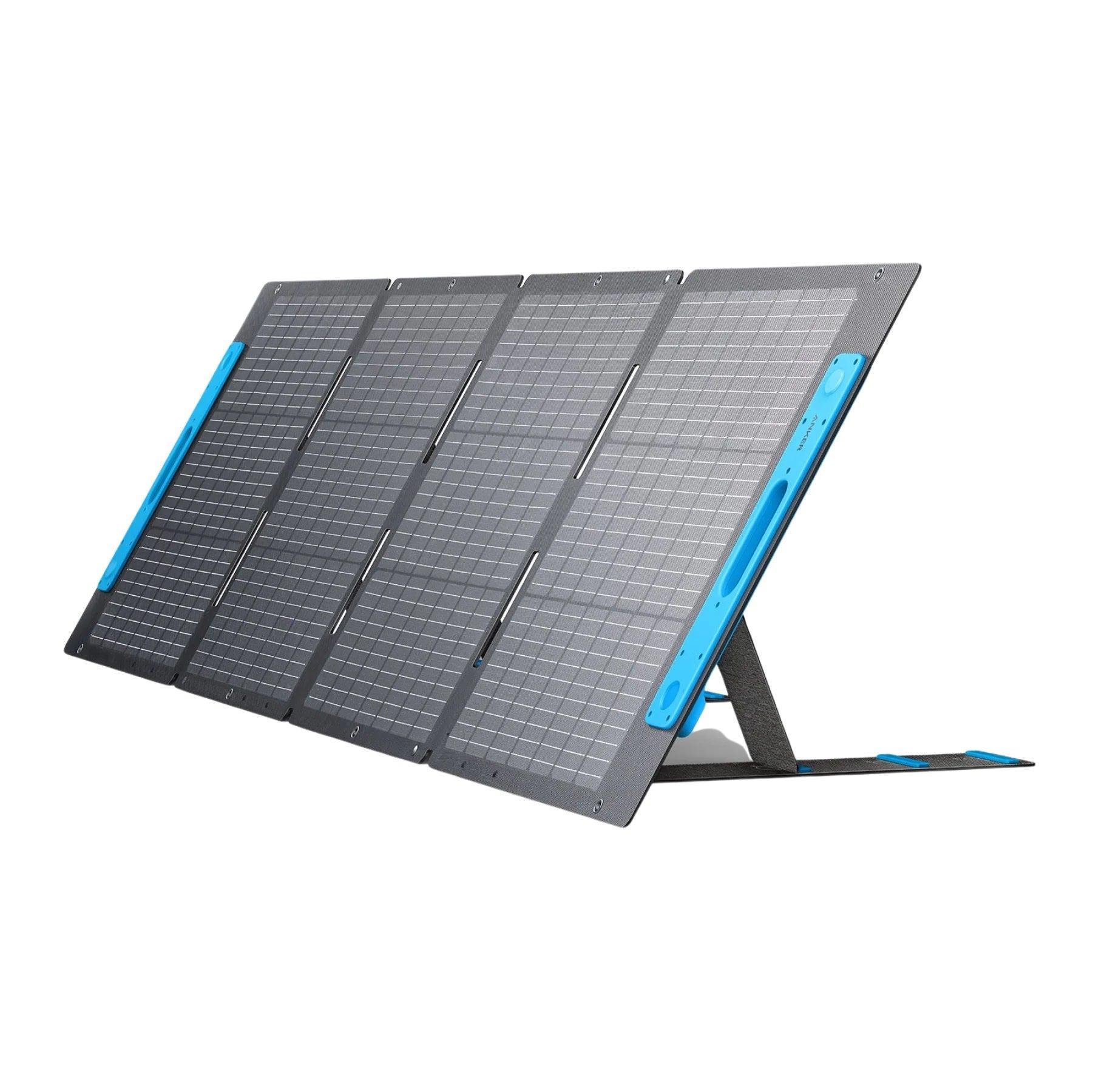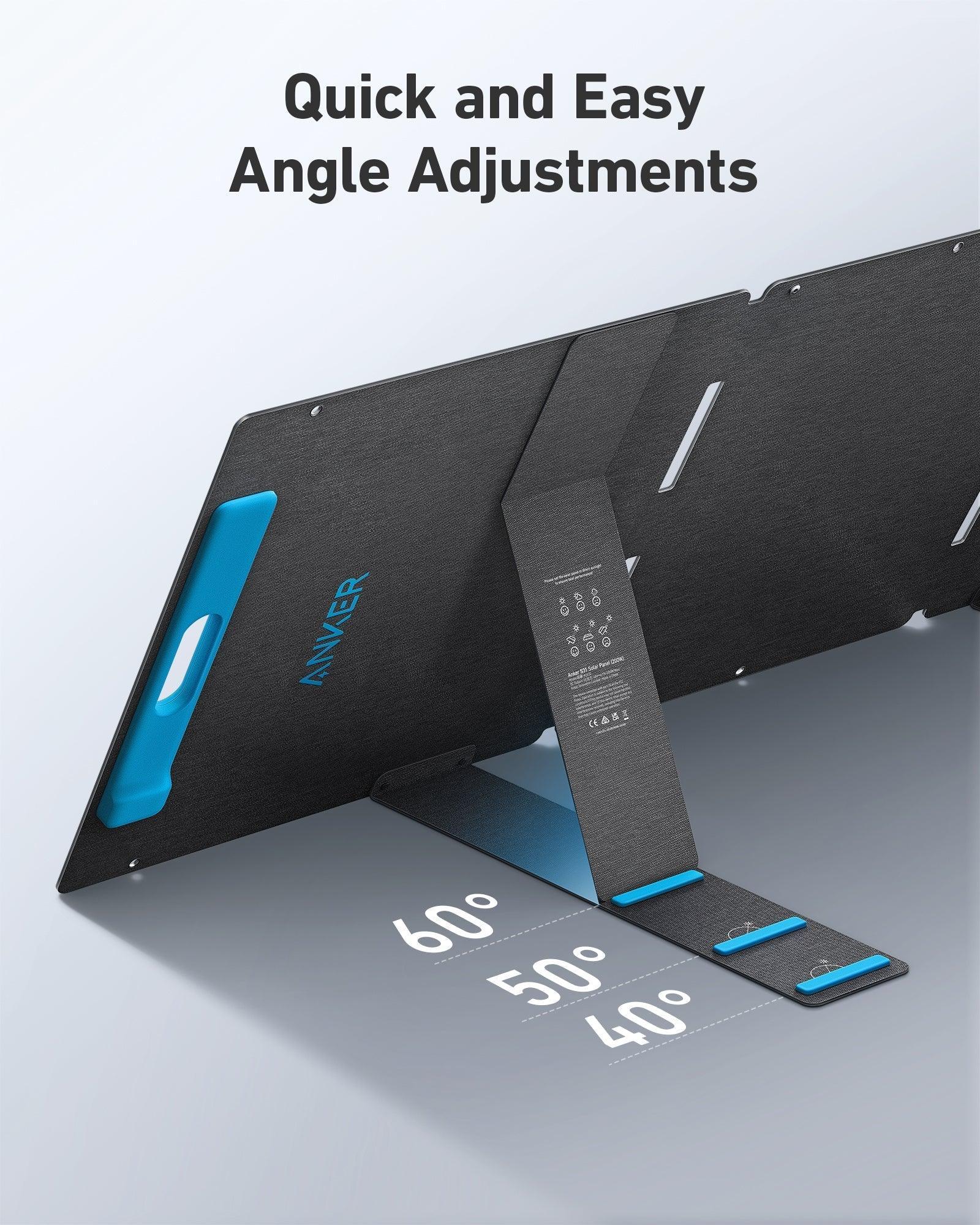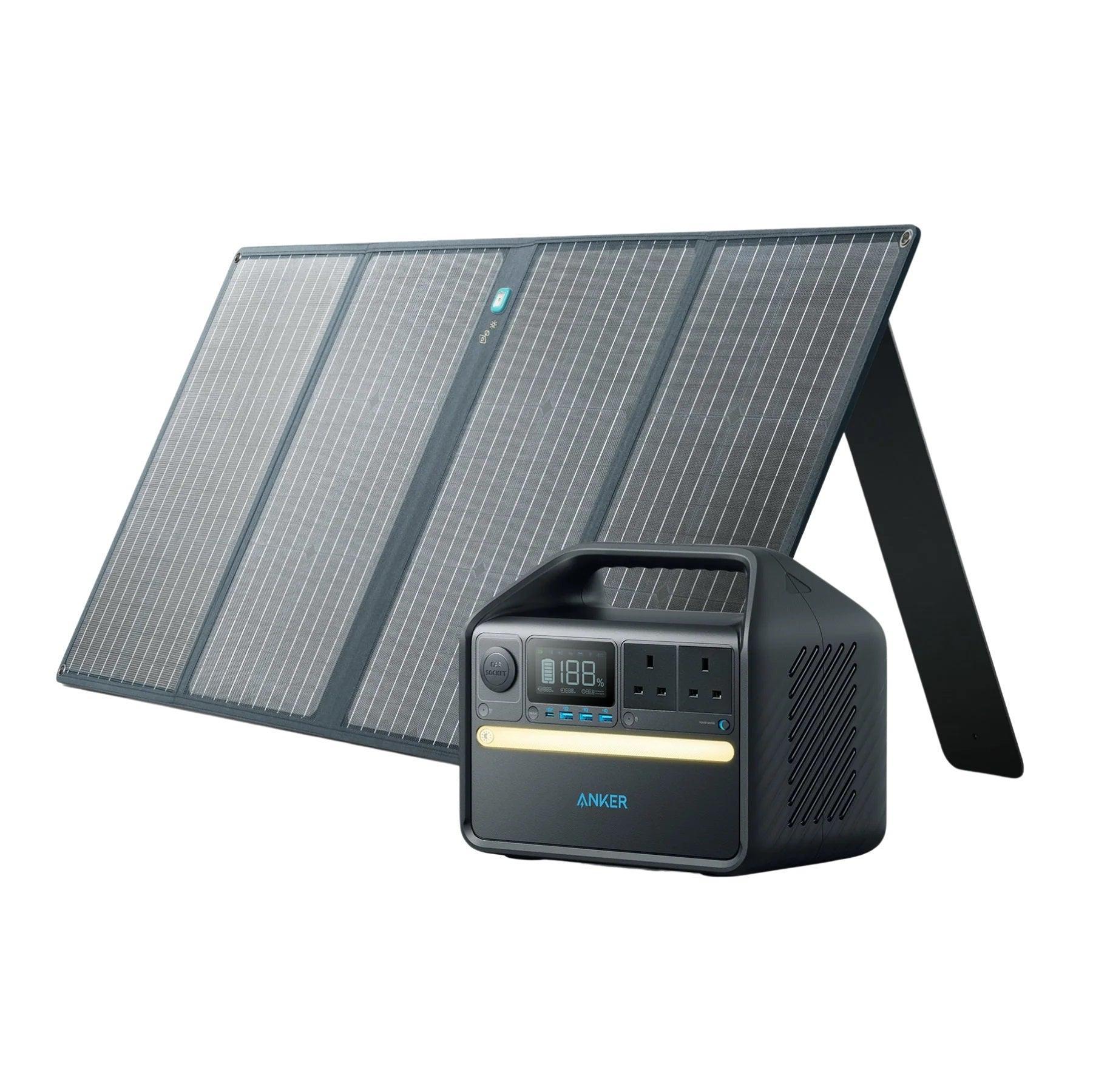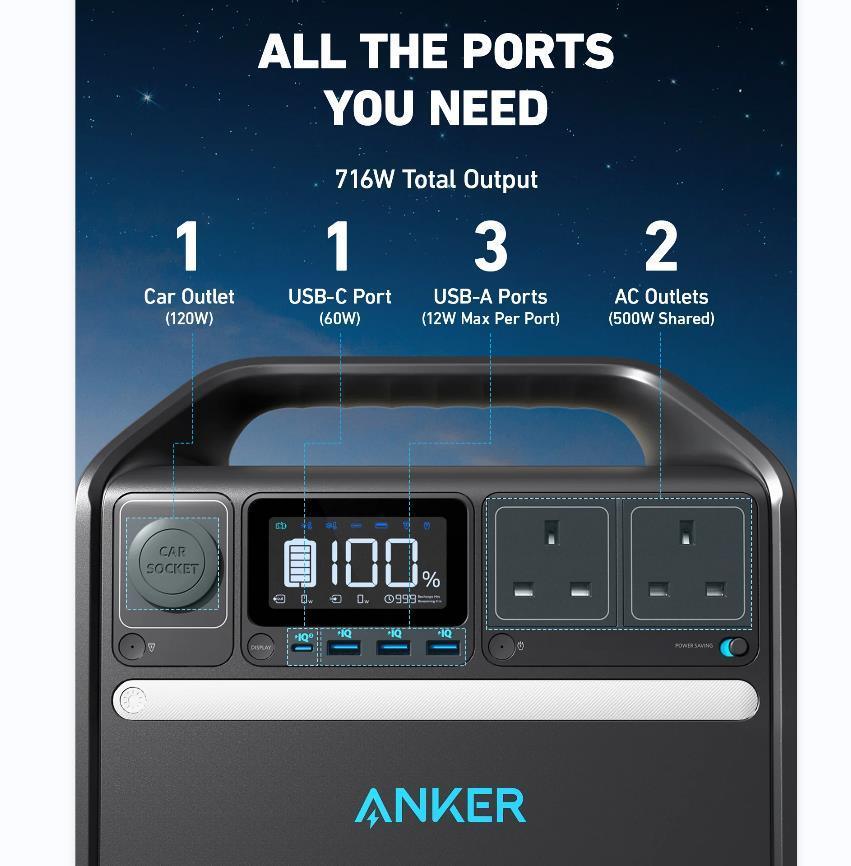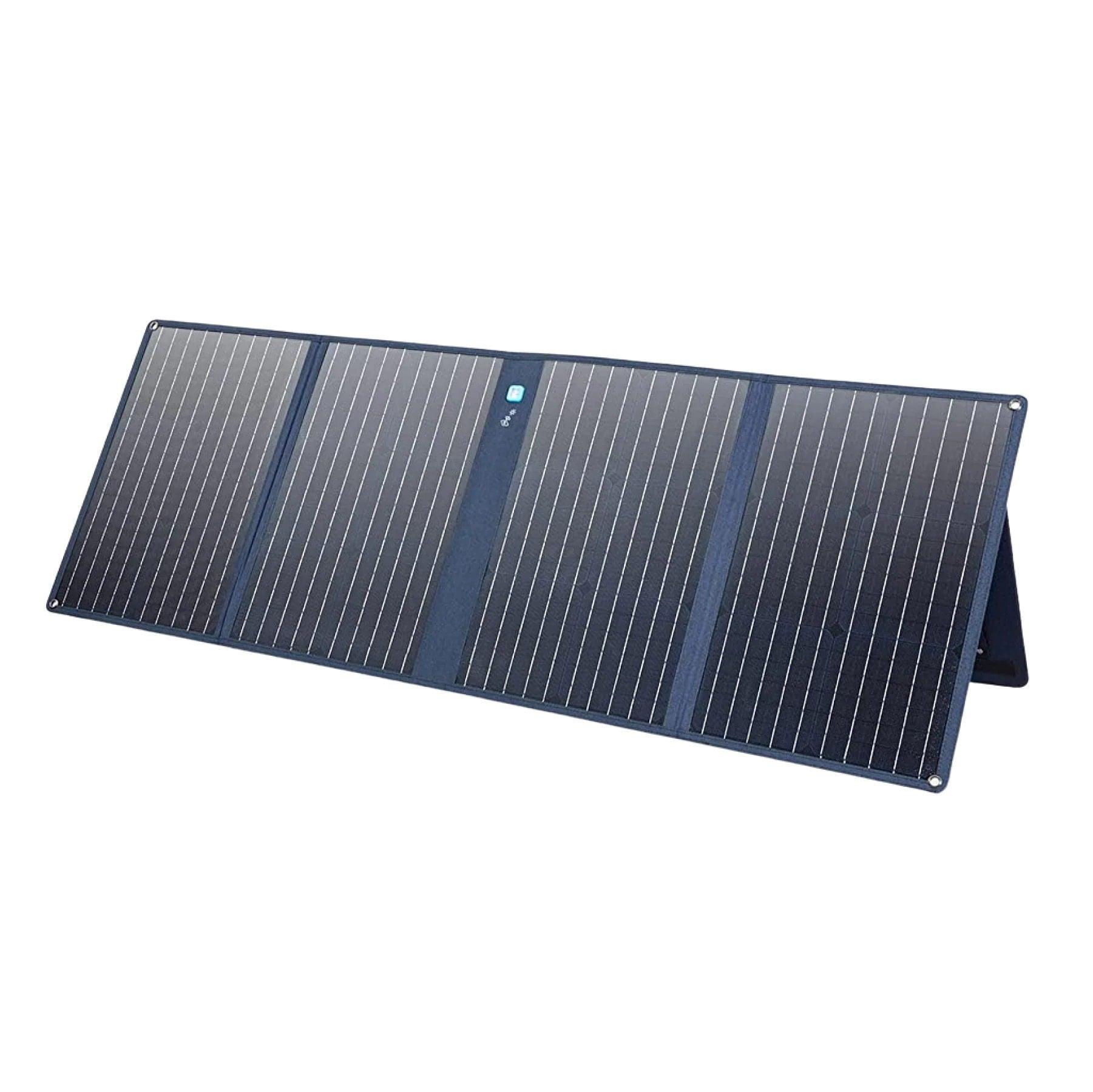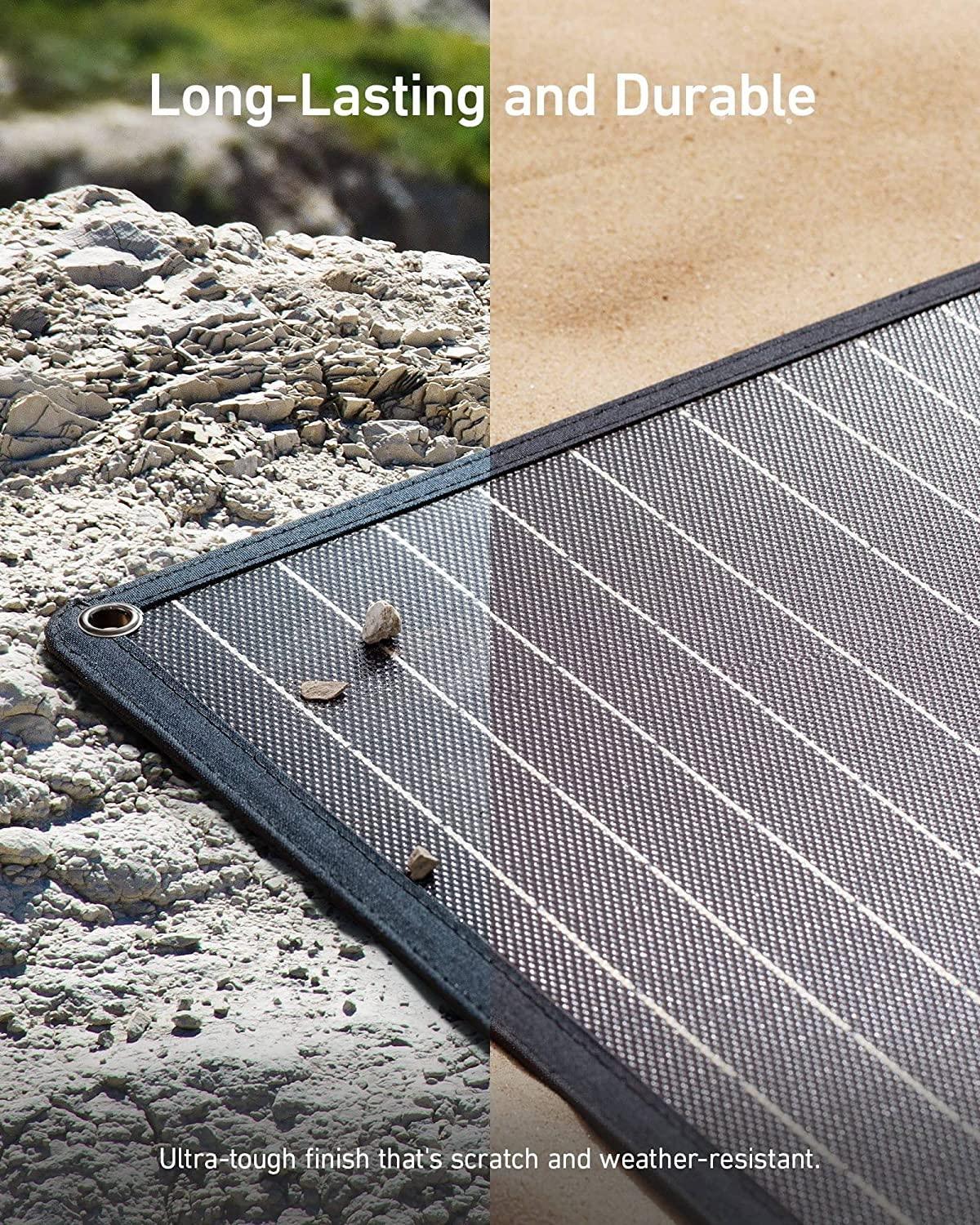Solar panels have been renowned for their capacity to capture solar energy and convert it into electrical power, resulting in reduced electricity bills and resource consumption for households. Among the various appliances powered by solar energy, solar panel coolers serve dual purposes. This blog post aims to examine the primary functions of solar panel coolers, namely air cooling and food cooling. We will delve into their operational mechanisms, the advantages they provide, and essential factors to consider when choosing a solar panel system for cooling purposes.

What's the Purpose of a Solar Panel Cooler?
The purpose of a solar panel cooler, specifically designed for cooling air or food, is to utilize solar energy to power a cooling system that is capable of cooling either the surrounding air or preserving perishable food items. Let’s explore more details:
Cooling Air

Solar panel coolers designed for cooling air utilize the power generated by solar panels to run fans or air circulation systems. These systems circulate the air, resulting in a cooling effect for indoor or outdoor spaces. By harnessing solar energy, these coolers provide a sustainable and eco-friendly solution for maintaining comfortable temperatures in various environments.
How Does a Solar Panel Cooler Work for Air Cooling?
The solar panel cooler consists of solar panels that capture sunlight and convert it into electrical energy. This electricity is then directed to the cooler's electrical system, which powers the cooling mechanism of the cooler. This mechanism usually involves one or more fans or air circulation systems. They draw in ambient air and circulate it within the cooling unit. The moving air passes over the cooling elements, such as heat sinks or evaporative pads, and absorbs heat, which is then dissipated into the surrounding environment. This process lowers the temperature of the air.
The process continues as long as sunlight is available to generate electricity from the solar panels. The fans or air circulation systems are powered by solar energy, ensuring continuous air cooling without relying on traditional electricity.
Benefits of Using a Solar Panel Cooler for Air Cooling
Using a solar panel cooler for air cooling offers several benefits:
- Energy Efficiency: Solar panel coolers utilize renewable solar energy to power the cooling system, reducing reliance on conventional electricity sources. This results in energy savings and lower utility bills.
- Environmentally Friendly: By harnessing clean and sustainable solar power, solar panel coolers have a minimal carbon footprint and contribute to reducing greenhouse gas emissions, promoting environmental sustainability.
- Remote and Off-Grid Cooling: Solar panel coolers are particularly beneficial in remote or off-grid areas where access to electricity may be limited. They provide a self-sufficient cooling solution that operates independently of the electrical grid.
- Versatility: Solar panel coolers can be utilized in various settings, including homes, offices, outdoor spaces, or even in vehicles. They offer flexibility and can be easily installed in different locations, providing cooling wherever it is needed.
Cooling Food

Solar panel coolers can also be utilized for cooling food in off-grid or remote locations where traditional refrigeration systems may be unavailable. These coolers offer a sustainable and eco-friendly solution for storing perishable items such as fruits, vegetables, and dairy products.
How Does a Solar Panel Cooler Work for Food Cooling?
The principles behind using a solar panel cooler for food cooling are similar to air cooling. The cooler utilizes solar energy to power a refrigeration system that maintains the desired temperature for preserving food. The solar panels generate electricity, which is stored in batteries or used directly to power the cooler's compressor or cooling mechanism.
Benefits of Using a Solar Panel Cooler for Food Cooling
The use of a solar panel cooler for food cooling presents the same advantages as solar panel cooler for air. They are energy efficiency, environmentally friendly and versatility.
Solar panel coolers are particularly advantageous in off-grid or remote locations where electricity supply may be unreliable or nonexistent. They provide a self-sufficient cooling solution that operates independently, ensuring food preservation without the need for traditional power sources.
They help maintain lower temperatures necessary for preserving food, extending its shelf life and reducing food waste. By keeping perishable items chilled, these coolers contribute to better food safety and minimize spoilage.
As the solar panel cooler for air, solar panel coolers for food are also designed to be portable, allowing for flexibility in various applications. They can be used for cooling food during outdoor events, camping trips, or in areas with limited access to refrigeration facilities.
What to Consider When Choosing a Solar Panel System for Cooling?
Now that we have learned that solar energy is a perfect solution to cool food and air, then we need to know what factors should be considered when choosing a solar panel system for cooling purposes:
- Solar Panel Capacity: Evaluate the capacity or wattage of the solar panels to ensure they can generate enough electricity to power the cooling system adequately. Consider factors such as the size of the cooling unit and the energy requirements for optimal cooling.
- Cooling System Efficiency: Consider the efficiency of the cooling system itself. Look for energy-efficient cooling technologies that can provide effective cooling while minimizing energy consumption. This will maximize the benefit of the solar power generated. A good example is Anker solar panels, which have a 23% conversion efficiency to convert sunlight to electricity.
- Storage and Backup Options: Determine whether the solar panel system includes a battery storage system or backup power source. This can be beneficial to store excess energy generated during the day for use during periods of low sunlight or at night when cooling is still required.
- Warranty and Support: Check the warranty and support offered by the solar panel system manufacturer or supplier. A reliable warranty ensures protection against defects or performance issues, and good customer support can assist with any technical or operational queries.
- Compatibility and Integration: Ensure that the solar panel system is compatible with the specific cooling system being used. Consider how the solar panels will be integrated with the cooling system and whether any additional equipment or modifications are required.
By considering these factors, you can make an informed decision when selecting a solar panel system for cooling, ensuring optimal performance, energy efficiency, and cost-effectiveness for your specific cooling needs.
Conclusion
In conclusion, solar panel coolers offer efficient and sustainable solutions for air and food cooling. They harness solar energy to power fans or refrigeration systems, providing refreshing environments and preserving perishable items. With benefits such as energy savings, cost-effectiveness, and reduced environmental impact, solar panel coolers are a practical choice for cooling needs. When choosing a solar panel system for cooling, consider factors like panel capacity, sunlight availability, and system efficiency. Embracing solar panel coolers promotes a greener and more sustainable future.

